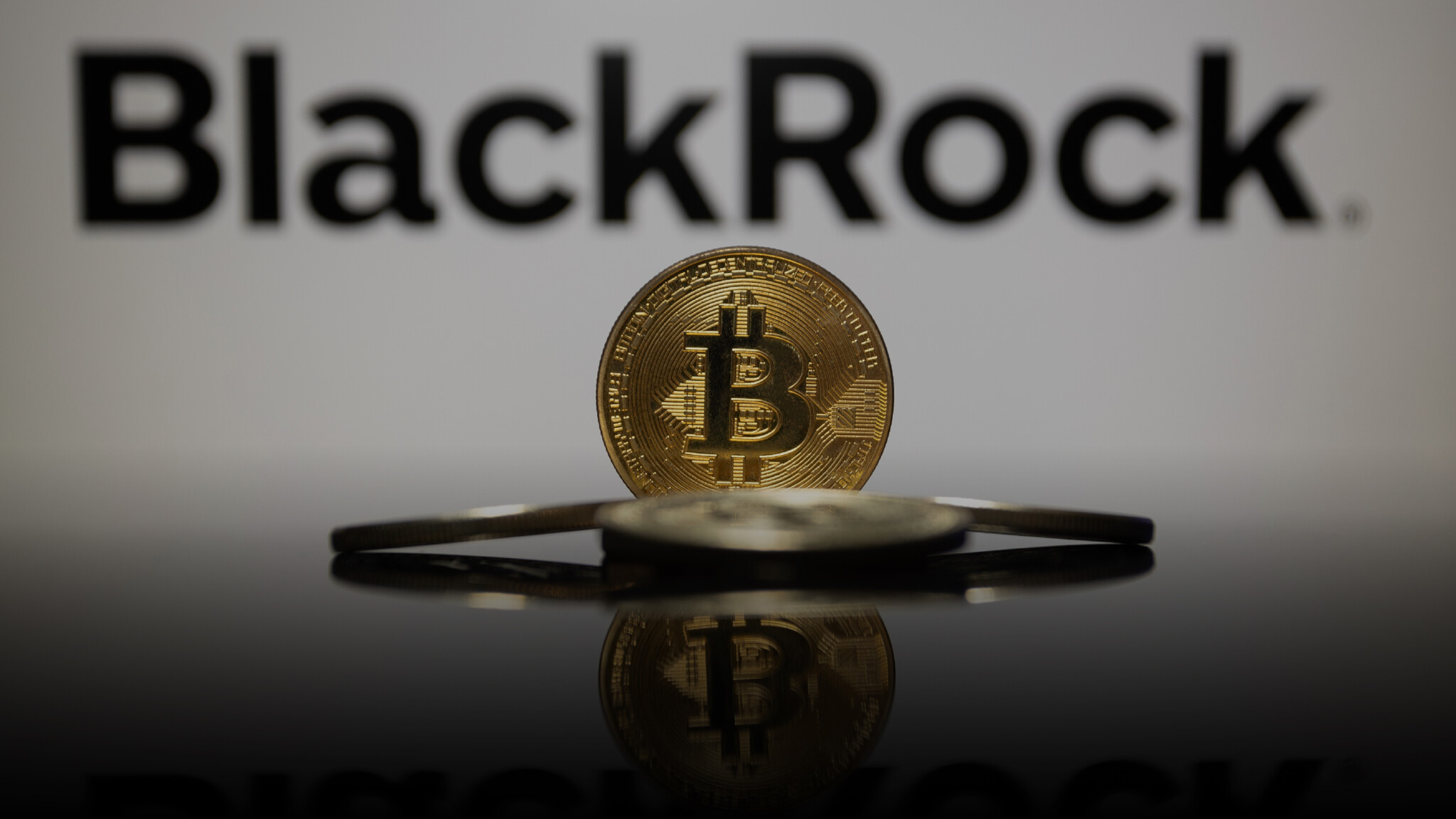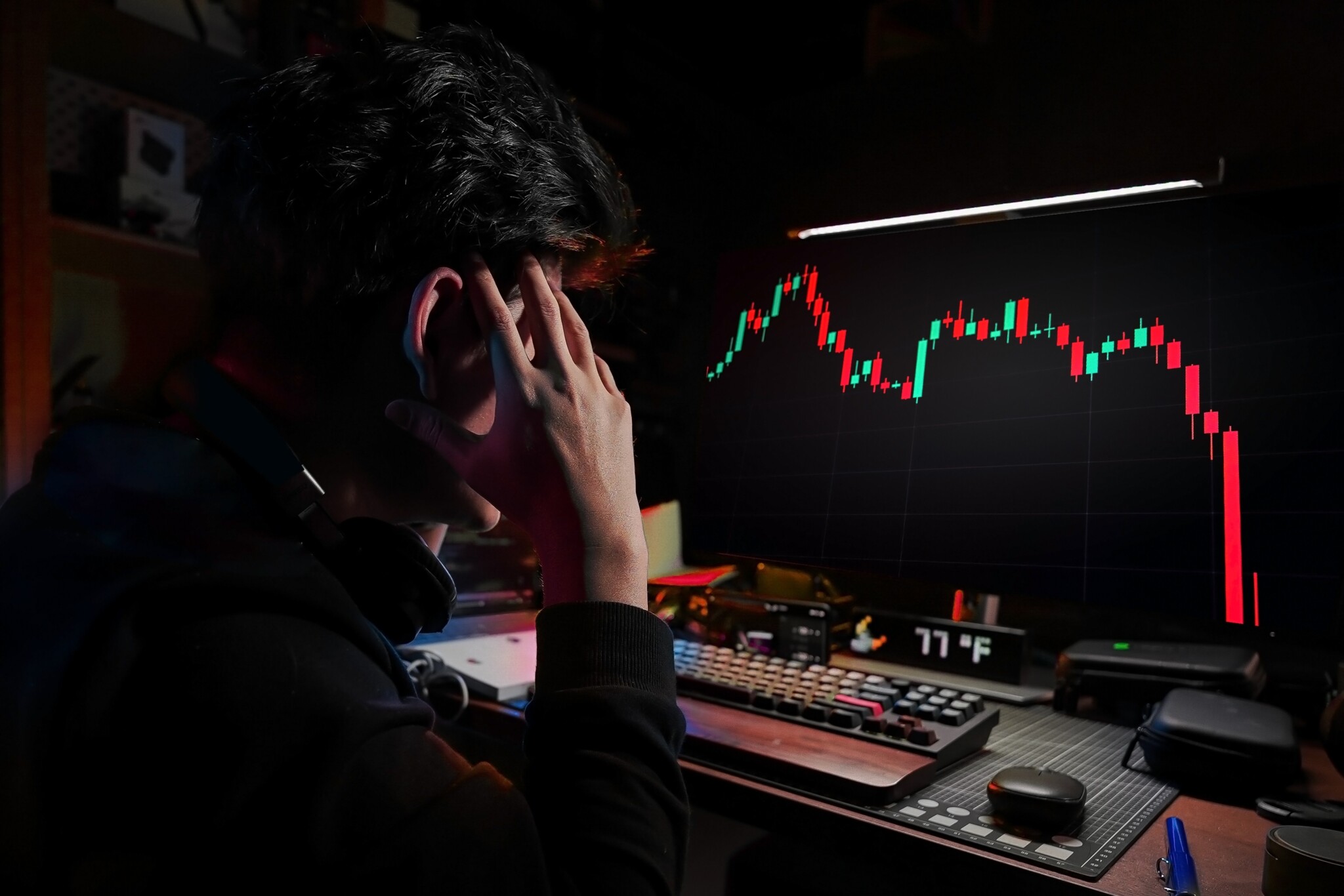
Bitcoin was once seen as a revolutionary hedge against inflation, but 15 years later, its use is largely limited to speculation and black-market transactions.
Bitcoin was once marketed as a revolution – a decentralized antidote to reckless banks, endless money printing, and government overreach. It was a new form of money that belonged to the people, a hedge against inflation, and a bulwark against tyranny.
It was a seductive story.
Fifteen years after its creation, Bitcoin has proven itself exceptional at one thing: speculation. But you can’t pay your taxes with it, you can’t buy your groceries with it, and you can’t cover your mortgage or your rent. Outside of black-market transactions, ransomware attacks, crypto casinos, and a few luxury purchases, Bitcoin’s uses are limited in daily life.
And now BlackRock, the world’s largest asset manager with more than $10 trillion in assets under management, recently secured approval from the UK’s Financial Conduct Authority (FCA) to operate as a crypto-asset firm. The move clears the way for the company to launch its Bitcoin ETP – basically a stock-like product that lets people invest in Bitcoin without actually buying Bitcoin – across Europe, including the United Kingdom. It’s a slick package: Bitcoin, neatly wrapped and ready for mass consumption by pension funds, retirement accounts, and individual investors.
Enjoy independent, ad-free journalism - delivered to your inbox each week
None of this is happening in a vacuum. According to recent FCA research, 12% of UK adults now own crypto – a significant rise that shows how deeply embedded digital assets are becoming in British households. In a nation already grappling with inflation and economic strain, this surge in crypto ownership could set the stage for an even greater disaster when the next downturn occurs.
BlackRock didn’t enter crypto to liberate the people of Britain. As someone who has covered the world of crypto for years and is intimately familiar with its dark underbelly, I state the following with a high level of certainty: BlackRock will utilize Bitcoin in order to siphon wealth upward. The same vultures who helped crash the global economy in 2008 are circling again – only this time, they’re selling the inevitable collapse as innovation. When the next financial storm hits, ordinary investors will drown while they grow fat off the wreckage.
BlackRock didn’t enter crypto to liberate the people of Britain. As someone who has covered the world of crypto for years and is intimately familiar with its dark underbelly, I state the following with a high level of certainty: BlackRock will utilize Bitcoin in order to siphon wealth upward.
To be clear, BlackRock profits whether Bitcoin rises or crashes. Management fees flow in no matter what. Volatility – the very thing that destroys household wealth – becomes a source of guaranteed income for the casino owners.
The timing of this move should concern anyone paying attention. Trump’s tariffs are underway. Global markets are unpredictable. Bond yields show warning signs. Corporate defaults are on the rise. Goldman Sachs just raised the odds of a near-term U.S. recession from 35% to 45%. JPMorgan is even more blunt, putting the chances at 60%. And Larry Fink – the head of BlackRock – says the recession isn’t coming; it’s already here. He is also shamelessly promoting the idea that Bitcoin is now a “safer bet” than the dollar. On the Bitcoin claim, Fink should be ignored.
In uncertain times, people desperately seek hedges, safe havens, and protection against collapsing currencies, job markets, and retirement accounts. Bitcoin marketers feed off this fear. They, Larry Fink included, whisper the same falsehood: Bitcoin is digital gold. Bitcoin will save you when everything else falls apart. But Bitcoin isn’t gold.
Gold has been trusted across civilizations for 5,000 years. Its intrinsic value is recognized by governments, central banks, and individuals alike. You can hold it, exchange it anywhere in the world, and barter it in times of economic peril. And, rather importantly, it doesn’t evaporate if your hard drive crashes or a government shuts down the internet.

Gold is timeless, tangible, and trusted. Bitcoin is digital vapor—fragile, internet-dependent, and doomed in real crises.
In sharp contrast, Bitcoin survives on a fragile modern system. No internet means no Bitcoin. Government crackdowns signal the end for Bitcoin, which relies on servers, nodes, miners, and constant connectivity to endure. It is digital vapor, dependent on a precarious infrastructure that – ironically – becomes more vulnerable in the very crises Bitcoin is meant to protect against.
Although gold fluctuates, it does so within reasonable, understandable ranges. Bitcoin can lose 60% of its value within a few months, even overnight. It frequently spikes or crashes by 10% in a single day due to a tweet, a court ruling, or a regulatory rumor. Of course, BlackRock knows all of this. Fink and his colleagues are many things, but they aren’t stupid. Volatility isn’t a bug for BlackRock; it’s a feature. Every wild swing creates opportunities for trading fees, arbitrage, options strategies, and more sophisticated instruments that the public can never fully understand – let alone truly profit from. You don’t beat the house. If Bitcoin were truly a threat to the financial system, firms like BlackRock would try to eliminate it rather than commercialize it.
Fink and his colleagues are many things, but they aren’t stupid. Volatility isn’t a bug for BlackRock; it’s a feature. Every wild swing creates opportunities for trading fees, arbitrage, options strategies, and more sophisticated instruments that the public can never fully understand – let alone truly profit from.
Imagine a UK retiree, battered by inflation, drawn in by slick BlackRock marketing promising “exposure” to the digital future. Imagine a middle-class family in Leeds or Liverpool, priced out of homeownership, convinced by a Bitcoin influencer that “just buying a little” could save their finances. Picture a young worker in London, crushed by student loans, watching Bitcoin soar one week and crash the next, trying to time the fluctuations, and falling deeper into financial distress.
Does this sound like financial freedom or the stuff of nightmares?
Bitcoin has, and always will be, a highly volatile, unbacked speculative asset. It is now being institutionalized and monetized by the very forces it was supposed to oppose. In BlackRock’s hands, it becomes another sophisticated tool in the great extraction machine – shifting resources from the many to the few.

BlackRock sells Bitcoin as hope – UK families buy in, only to face crashes. The rich win either way. This isn’t freedom; it’s financial extraction.




Comments (0)
Only supporting or founding members can comment on our articles.